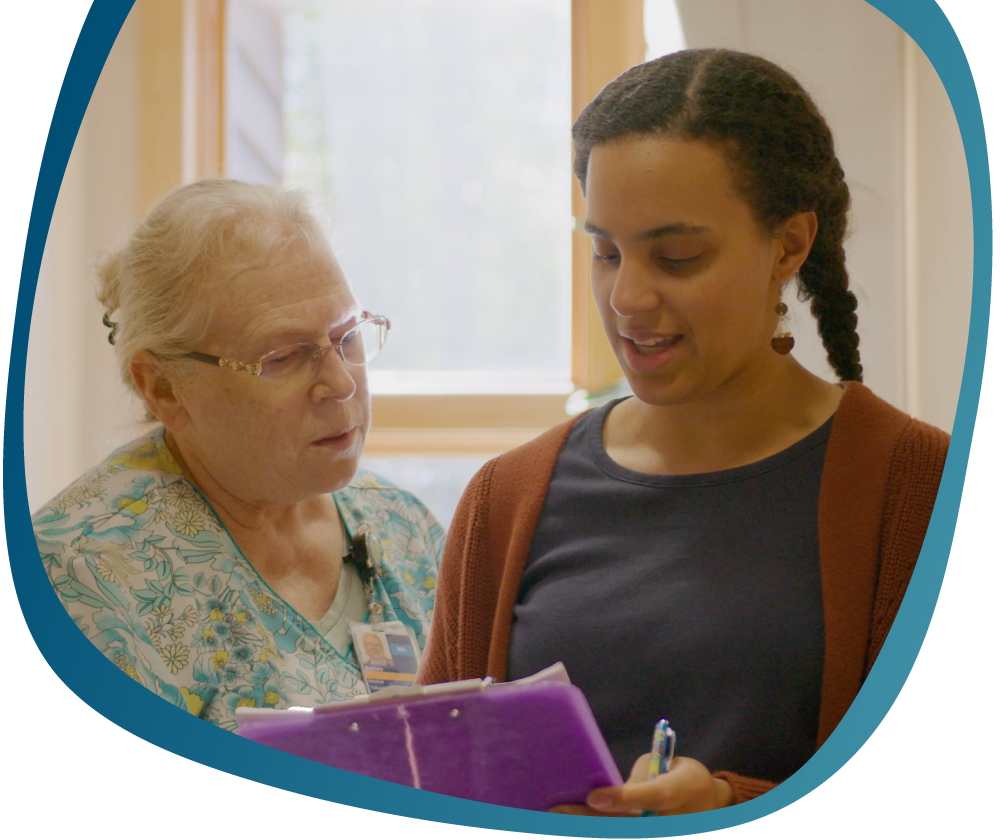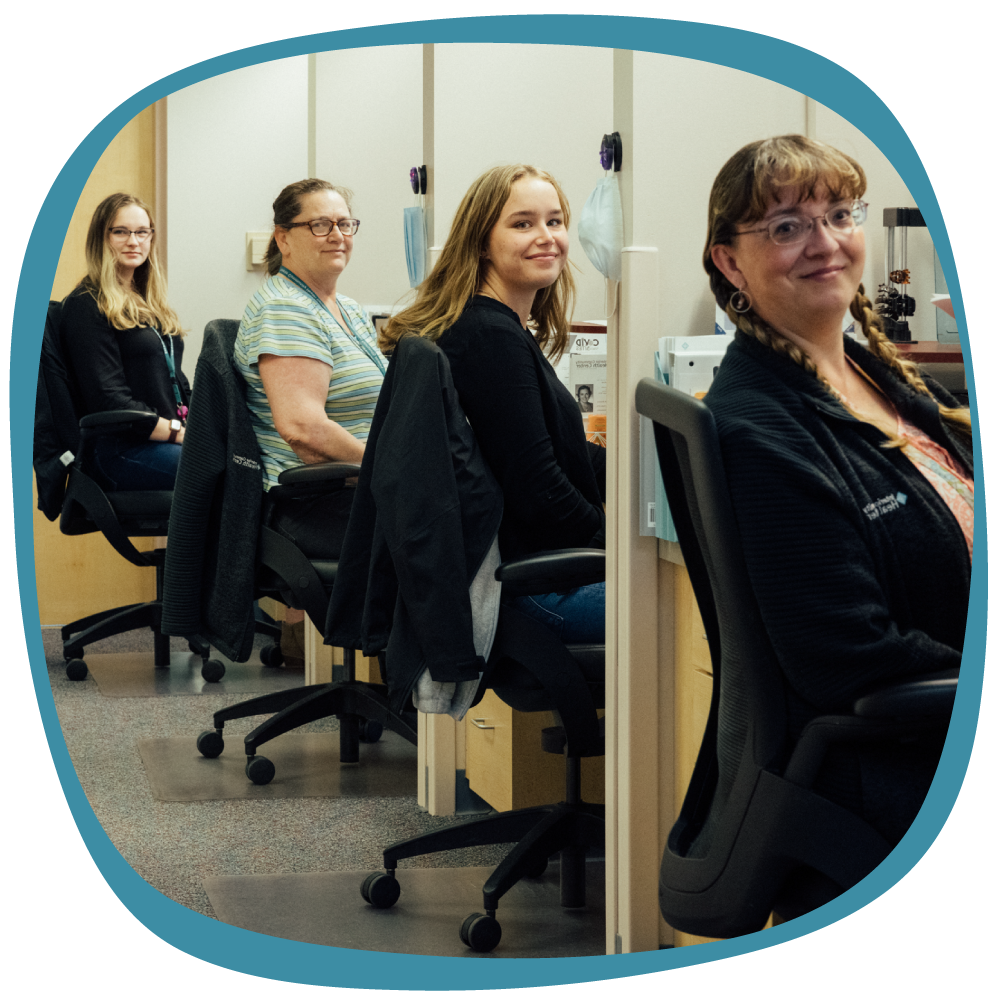Alaska Primary Care Association
Employ A Community Health Worker
Community Health Workers, also known as CHWs (and a variety of other titles), act as intermediaries between their clients and providers of healthcare and social services. This trusting relationship enables CHWs to facilitate access to services and improve the quality and cultural competence of service delivery. A CHW also builds individual and community capacity by increasing health knowledge and self-sufficiency through a range of activities such as outreach, education, informal counseling, and social support.

What Roles Do CHWs Play in an Organization?
CHWs play a big role in connecting people to important health services. They share information about things like public assistance programs, healthcare, housing, and other resources. They also help people access doctors, clinics, and support services. CHWs are trusted members of the community, so they work closely with local groups, attend events, and even visit people in their homes. Their goal is to improve health and well-being by making sure people get the support they need.
How Do CHWs Benefit Organizations & Communities?
CHWs address social risk factors, allowing patients to receive more holistic care and spend less, more focused time with their primary care provider. CHWs play a vital role in educating for healthier practices. They are trusted local experts who connect residents with essential health services, helping to increase access to care, and promote overall wellness. CHWs also help host community events and educational initiatives, along with coordinating, mentoring, and supporting clients.
How Do CHWs Benefit Individuals?
CHWs help individuals navigate the healthcare system, ensuring they understand and can access necessary services, such as preventive care, screenings, and treatment. They provide health education tailored to the community’s specific needs, promoting awareness about health issues, disease prevention, and healthy lifestyle choices. They often share cultural backgrounds with the individuals they serve, allowing them to build trust and effectively communicate health information in a culturally sensitive manner. CHWs also act as educators and support systems, helping individuals overcome challenges related to social determinants of health, such as housing, transportation, and food security.
Partner with APCA
APCA seeks 15 subrecipients to partner to recruit, hire, employ, and train one CHW to increase access to care in rural communities. The CHW will assist people experiencing challenges to healthcare, poor health outcomes, and at greater risk for contracting severe COVID-19 illness. Subrecipients will identify a mentor to provide supervision and on-the-job training for the CHW Apprentice. Interested organizations in urban areas are still encouraged to apply.
Free Training Opportunities
Employers in both rural and urban areas may also take advantage of free training opportunities for their employees through programs like the Community Health Worker (CHW) Apprenticeship offered by the APCA. This apprenticeship equips employees with valuable skills in health education, outreach, and care coordination, allowing them to better serve their communities. By participating in such programs, employers not only enhance their workforce’s capabilities but also contribute to improved health outcomes in their communities.

Questions?
Contact APCA’s CHW Project Team
